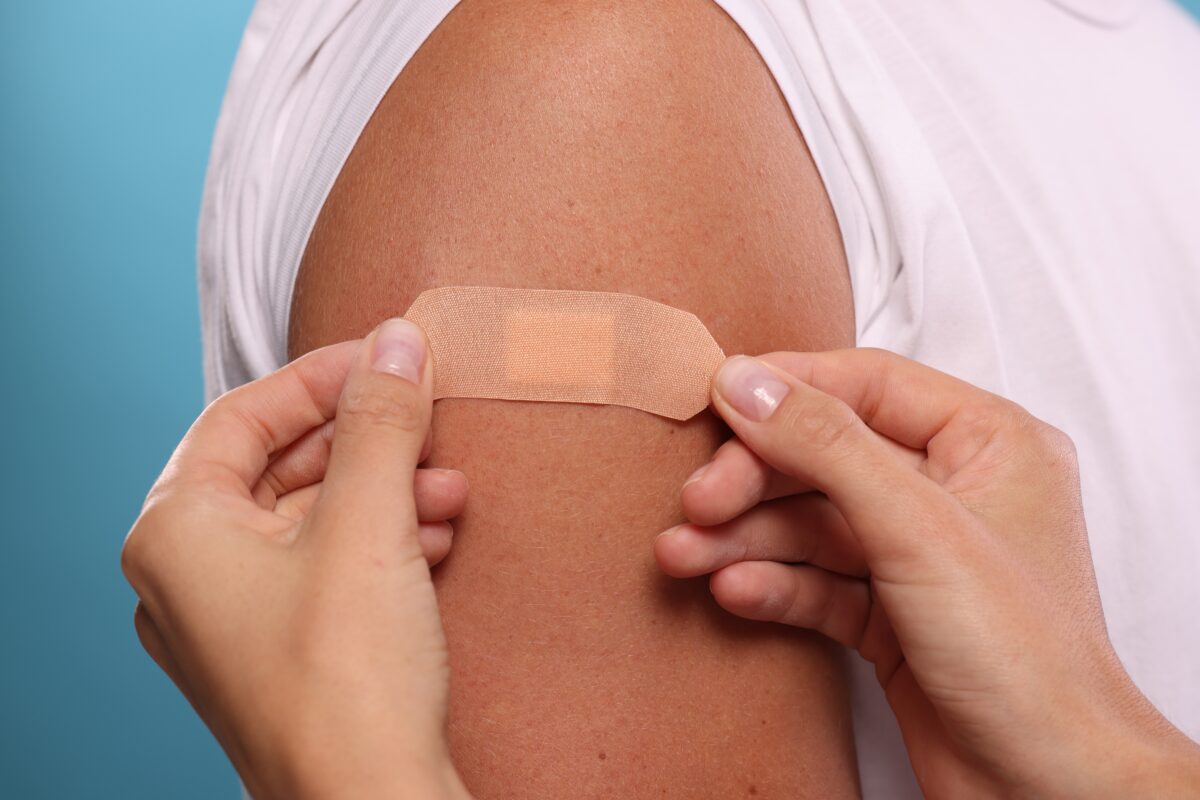Cervical cancer is one of the most common kinds of cancer to affect women, after breast, colorectal and lung cancer. More than 11,500 cases of cervical cancer and about 200,000 cases of cervical precancer were reported in the United States in 2020—and about 250 cases of cervical cancer in Tennessee.
WellTuned: 10 things to know about cervical cancer
The human papillomavirus (HPV) causes almost all cervical cancers, but the good news is that there’s a very effective vaccine for HPV.
WellTuned spoke with Dr. Edwin Thorpe, a medical director at BlueCross BlueShield of Tennessee, to learn more about HPV and why parents should consider getting their kids vaccinated.
“The HPV vaccine is an excellent safeguard for your child’s health in the future,” says Dr. Thorpe.
HPV and the HPV vaccine
Dr. Thorpe: HPV can cause a variety of cancers, including cancers of the cervix, vagina, and vulva, the penis, the anus, and the back of the throat. These cancers can take years to develop, long after exposure to the virus. The Gardasil vaccine, developed in 2006, can prevent over 90% of the cancers caused by HPV.
The HPV vaccine is approved for use in both males and females ages 9-45. It’s given in two-dose and three-dose regimens, depending on the age of the recipient. Children between the ages of 9 and 15 can get two doses of the vaccine, 6-12 months apart. But if you wait to get your child vaccinated until after they turn 15, they will need three doses.
Why parents should get their children vaccinated
Dr. Thorpe: The goal of any kind of vaccination is prevention. That’s true with HPV vaccination, too. The American Academy of Pediatricians, along with a variety of other respected health experts, recommends that children get vaccinated against HPV.
The vaccine is most effective when it’s administered before exposure to the virus, which is why the CDC recommends vaccinating children at age 11 or 12. Doing so provides long-term protection against HPV and HPV-related diseases, which might develop in the future. It’s something to take seriously, because HPV infection is very common. About 14 million people, including teenagers, become infected with HPV every year.
What to expect with the HPV vaccine
Dr. Thorpe: You don’t need to make a special appointment to get your child vaccinated against HPV. The HPV vaccine can be given at the same time as other childhood vaccinations. For example, if you take your child to get routine vaccinations prior to starting seventh grade, they could get the HPV vaccine at the same time.
Sometimes, children will experience mild side effects, such as mild discomfort or a slight stinging sensation at the vaccination site. Occasionally, a child will experience a headache, fever, fatigue or muscle aches. These are only temporary and are rarely severe. However, if you have any concerns or your child develops a more serious reaction, contact your child’s doctor right away.
“The key thing to remember is that the benefits of HPV vaccination in preventing certain cancers far outweigh the potential discomfort of the vaccination process,” says Dr. Thorpe.
More from Dr. Thorpe on WellTuned
Get more information about specific health terms, topics and conditions to better manage your health on bcbst.com. BlueCross BlueShield of Tennessee members can access wellness-related discounts on fitness products, gym memberships, healthy eating and more through Blue365®. BCBST members can also find tools and resources to help improve health and well-being by logging into BlueAccess and going to the Managing Your Health tab.


